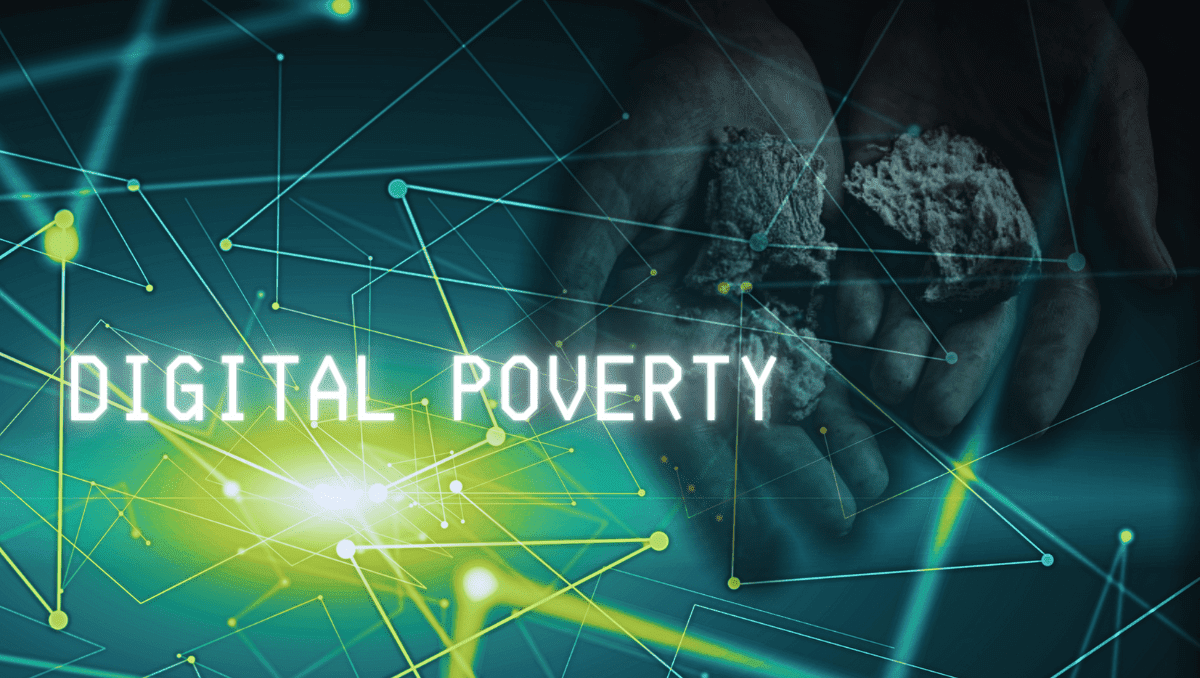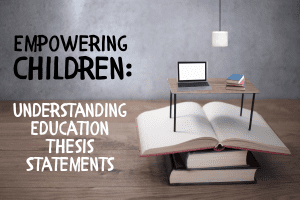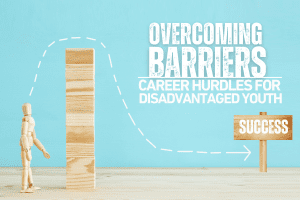Digital Poverty: Terminology 101
The subject of “digital poverty” has been coming up a lot in recent months; the coronavirus pandemic in particular made it painfully clear just how wide the digital divide is in this country. But what is it?
Digital poverty is the inability to interact with the online world fully, when, where and how an individual needs to[1]. If somebody cannot afford the cost of devices or an internet connection, or if they do have web access but lack the skills to navigate online comfortably and safely, they are said to be digitally excluded.
A digital native is an individual who was born or raised during the age of digital technology; they are familiar and comfortable with computers and are fluent in the skills necessary to exist online.
The digital divide is the space between those who have access to information and communications technology and those who do not. Being cut off from the digital isn’t just an inconvenience. Digital poverty exacerbates conventional poverty in that those without digital connectivity lose out and become financially poorer due to restricted access to opportunities, knowledge, services and goods.


It isn’t all about social media, though. Having access to digital skills gives you an enormous advantage in everyday life. Shopping online is on average 13% cheaper than in person, with a number of deals and discounts only available through store apps. And it is estimated that banking and accessing government services (including inquiries about benefits, pensions and child maintenance) online saves 30 minutes per transaction, leading to a number of these services removing or considering removing the option to complete these transactions in person. Individuals with better digital skills are predicted to earn as much as 10% more than their non-skilled peers.
Do you have these Digital Skills?
The Tech Partnership Basic Digital Skills framework identifies the following five essential digital skills:
Managing information – the ability to use a search engine to effectively look up information, being able to find a website you have visited previously, and knowing how to download or save an image found online.
Communicating – being able to send and receive messages via email or through an online messaging service, and knowing how to comment on and share information online.
Transacting – knowing how to safely buy items or services from a website, and how to pay for and install apps on a personal device.
Problem solving – the ability to verify online sources of information, or to troubleshoot an issue with a digital service or device using online help.
Creating – being able to complete online application forms, as well as knowing how to use existing images, video or audio online to create something of your own.
Closing the Gap
If you are not confident in your ability to carry out the above actions, you can enroll on one of Sovereign House GH’s adult computer learning classes. Classes are free for the next two months and run weekdays, Monday to Friday, at our learning centre in Bury.


On a larger scale, changes are slowly being made with the goal of ending digital poverty by 2030. More computers are being funded in libraries so that people who lack the income to pay for an internet connection can access online resources. Internet providers in the UK are now legally required to provide affordable “social tariffs” to low-income consumers. Currently, six broadband providers (BT, Community Fibre, G.Network, Hyperoptic, KCOM, and Virgin Media O2) offer social tariffs, cheaper deals costing between £10 and £20 per month, compared to a standard commercial broadband package of around £27 per month.
A national-level solution would be imploring the government to subsidise broadband in a similar way to how they subsidise other services such as public transport. It has been suggested that this subsidisation could be funded by taxing the profits of telecommunications companies (BT reportedly made £1.3 billion in post-tax profits last year).
Digital equity, the ideal scenario where everybody can access the online world wherever and whenever they have need to, can no longer be thought of as just an ideal; it needs to become a reality.
[1] Digital Poverty Alliance UK Digital Poverty Evidence Review 2022




